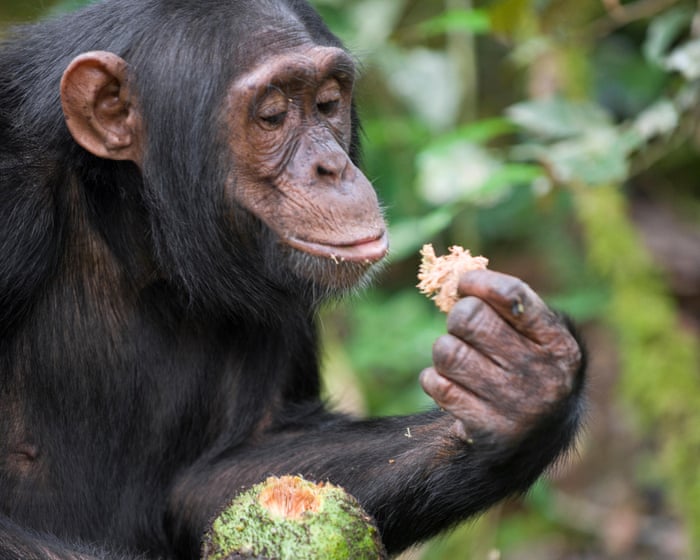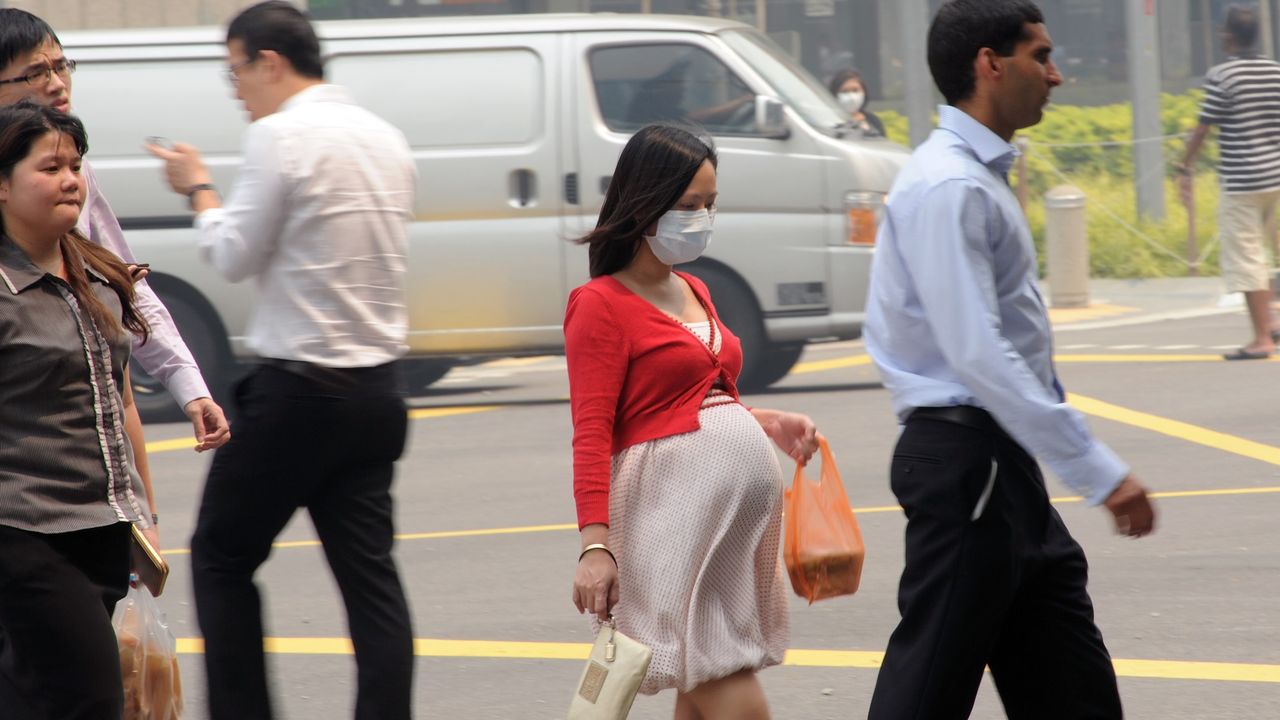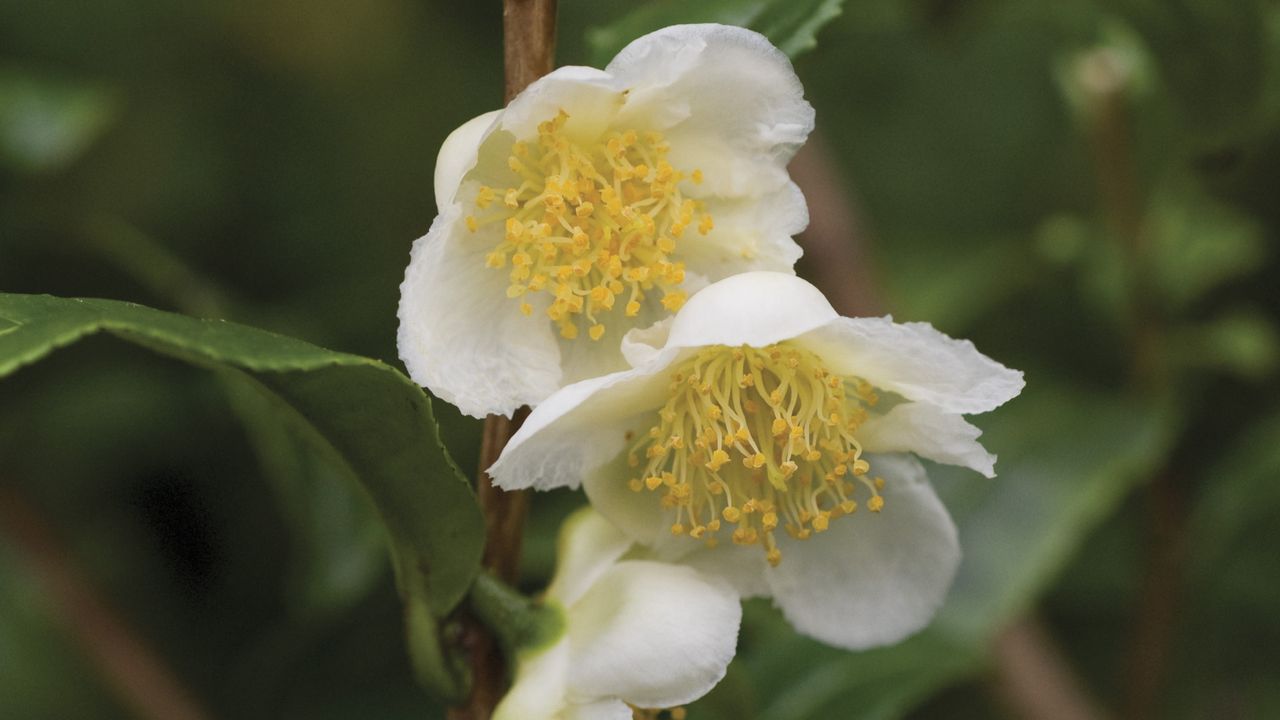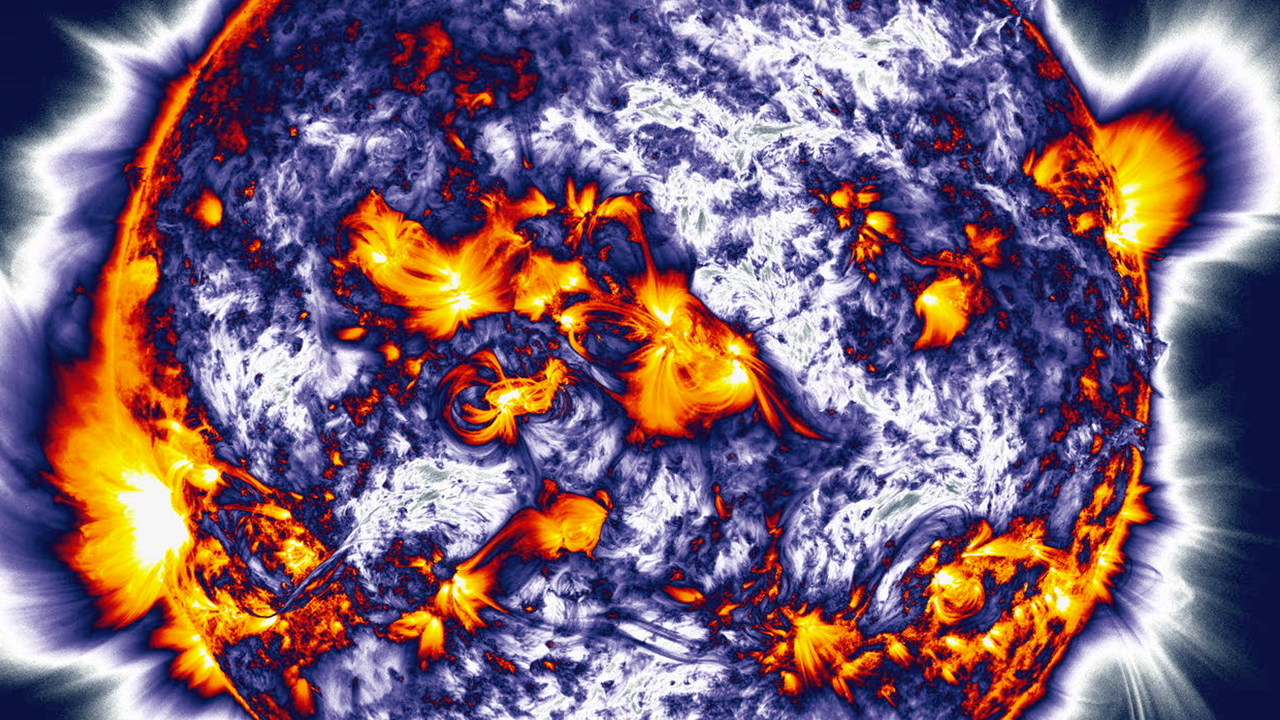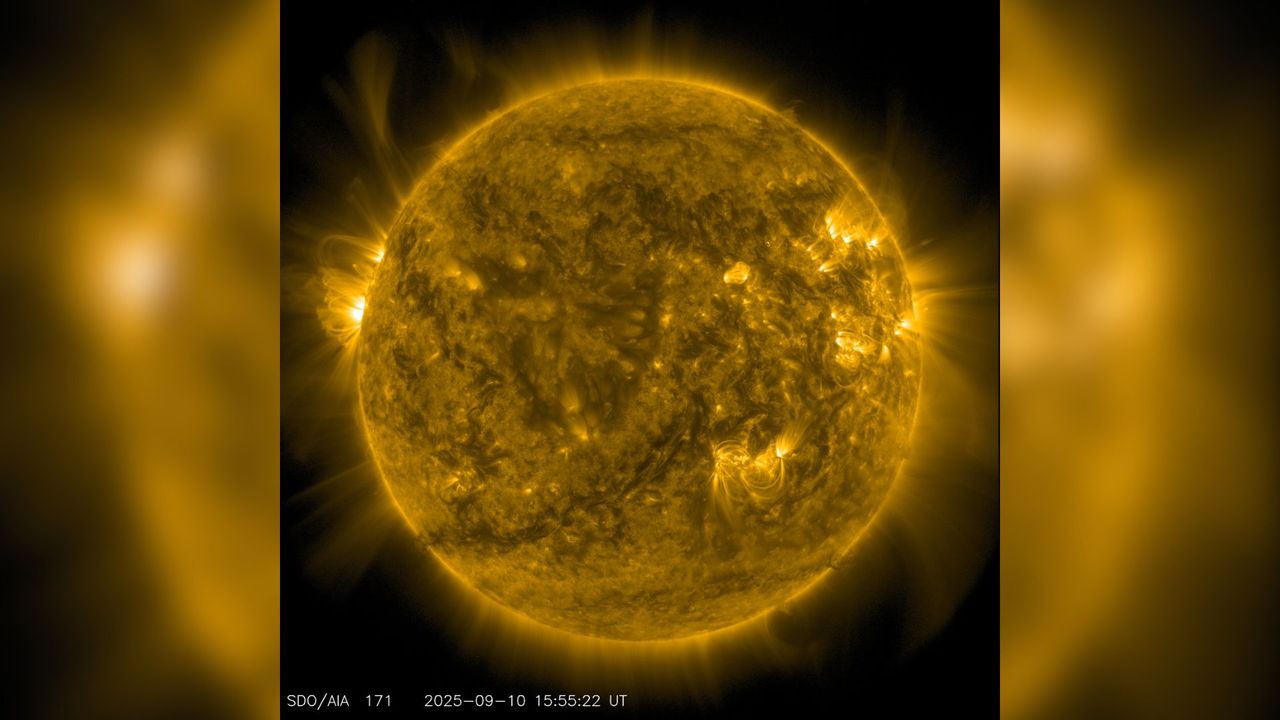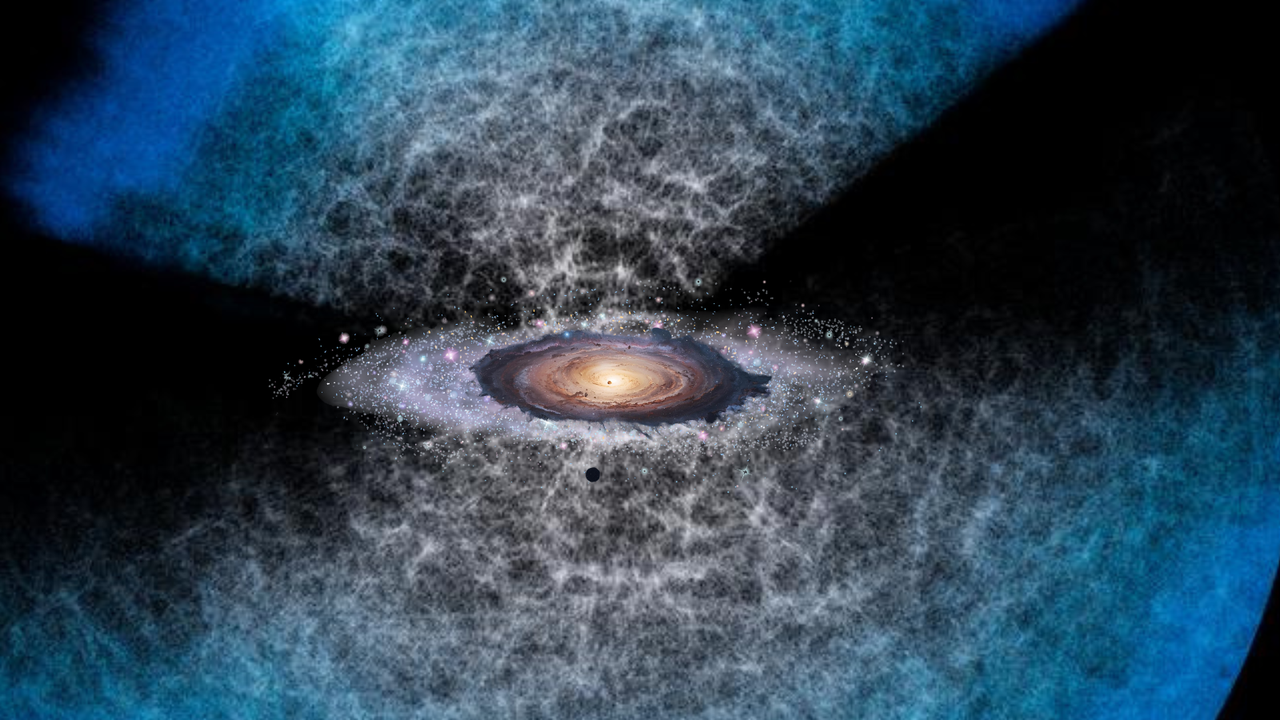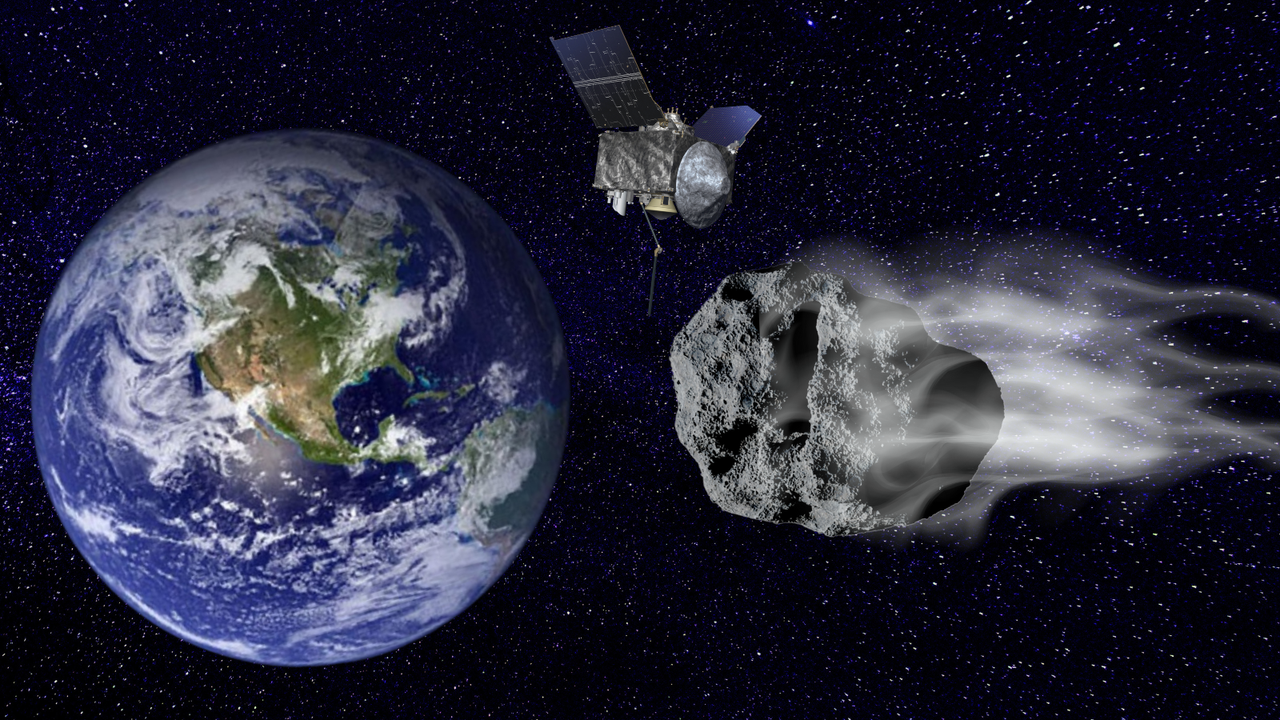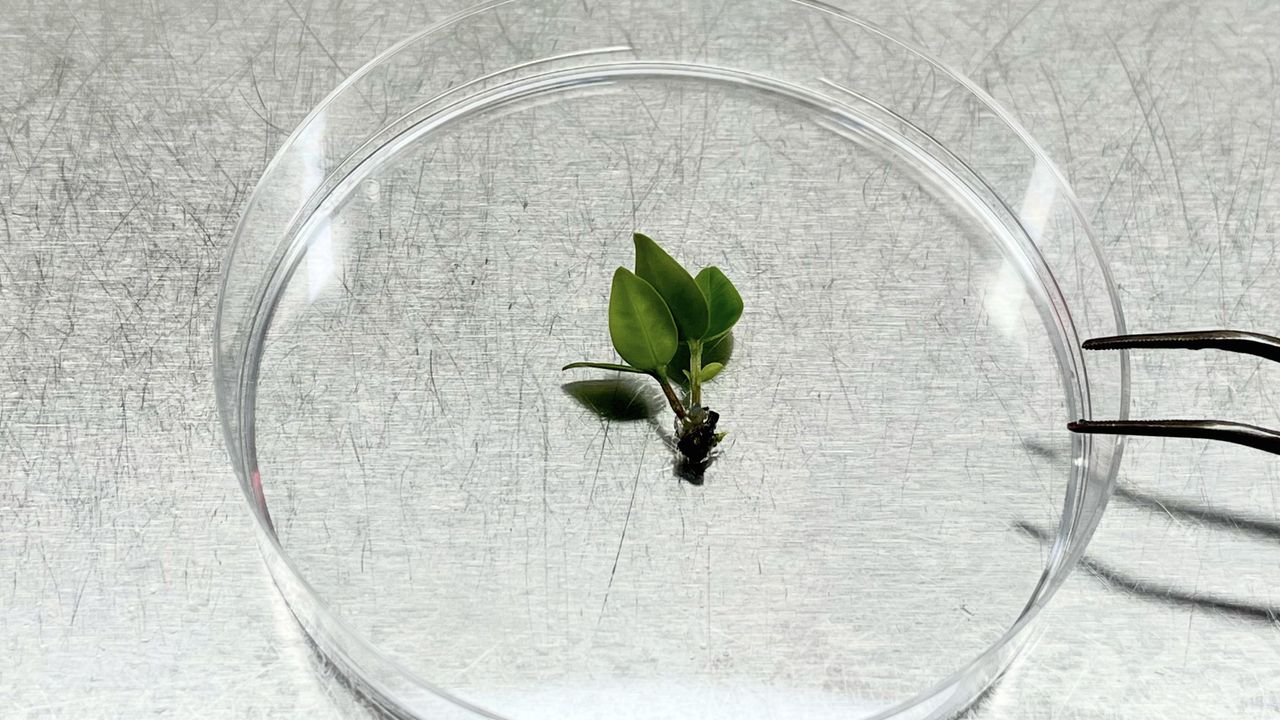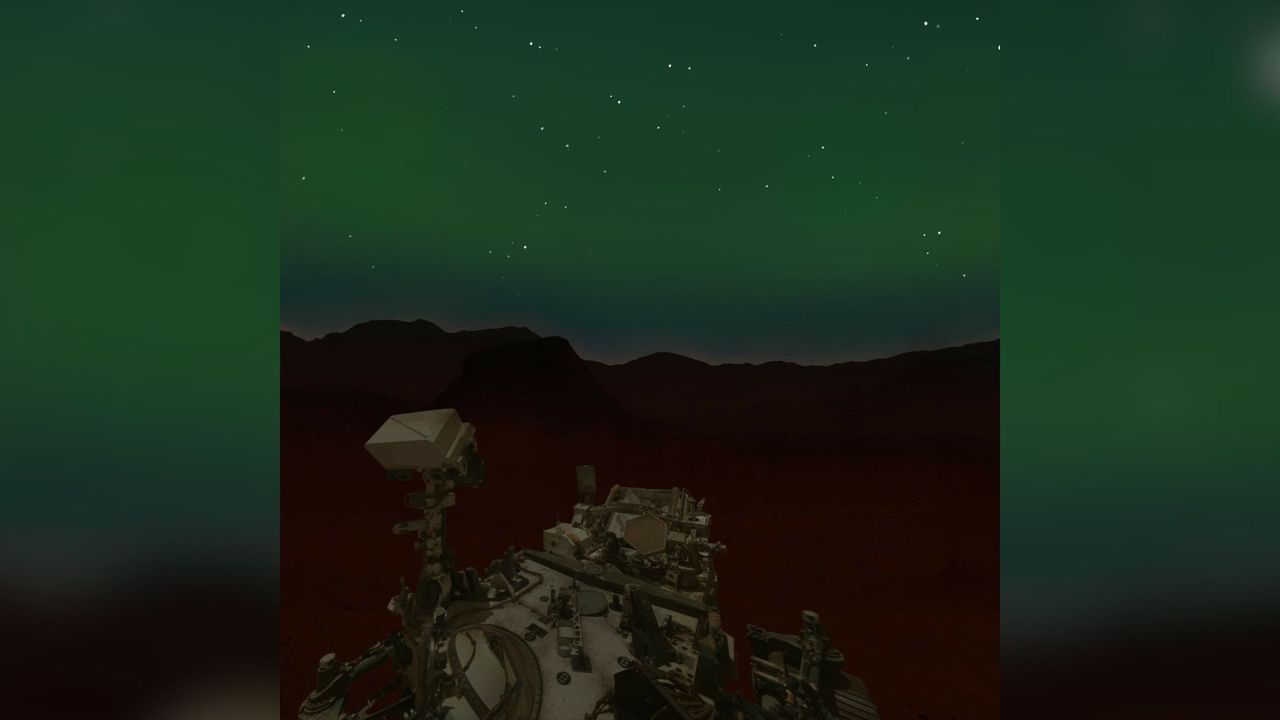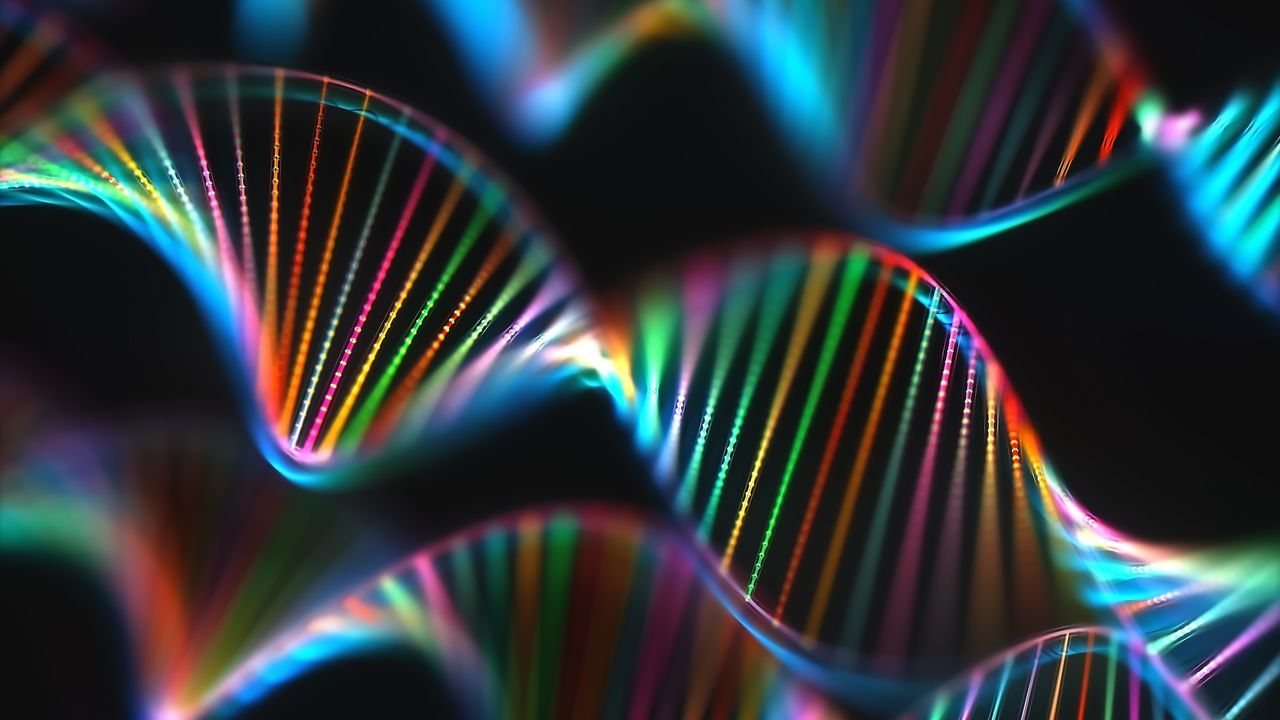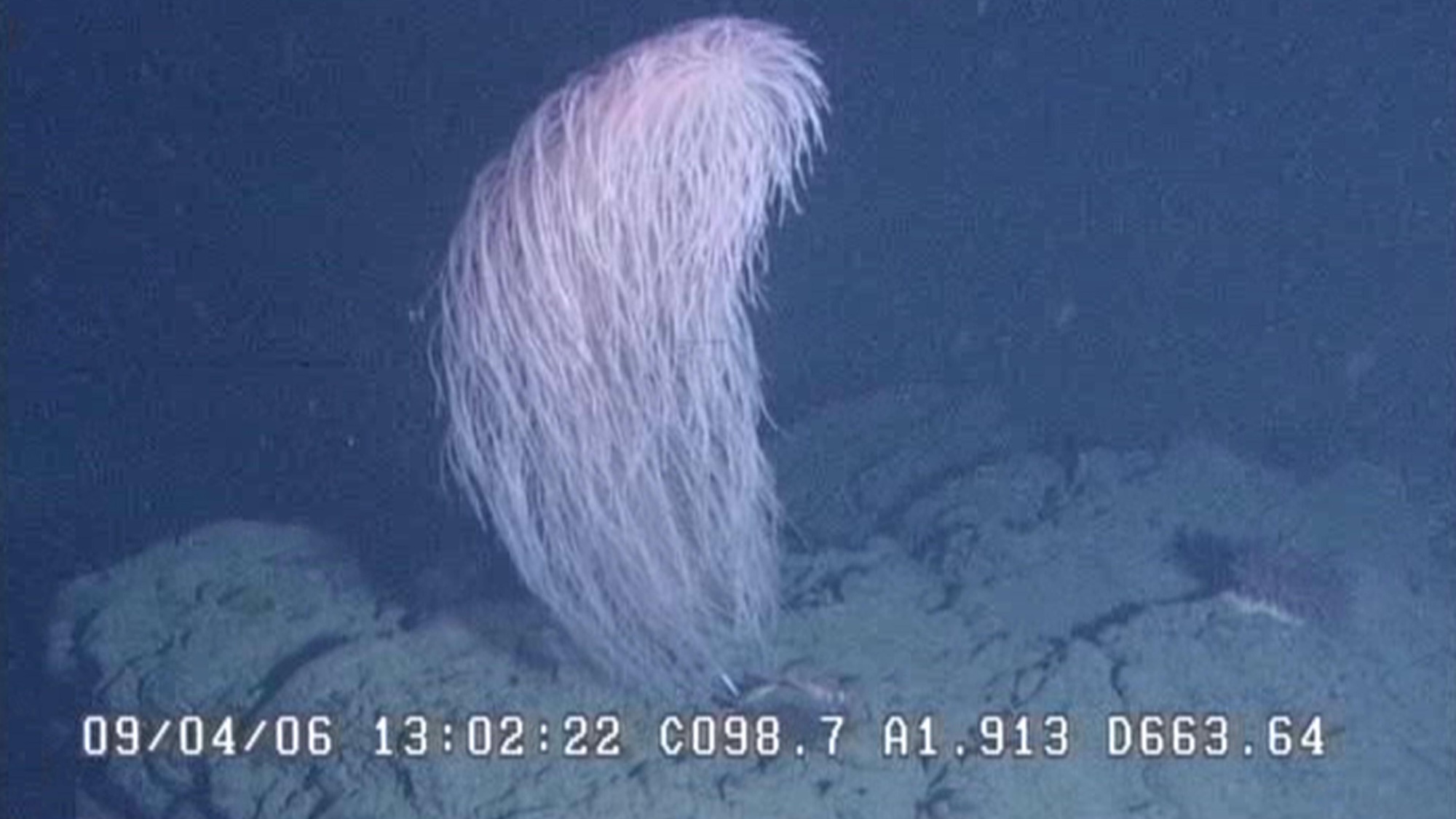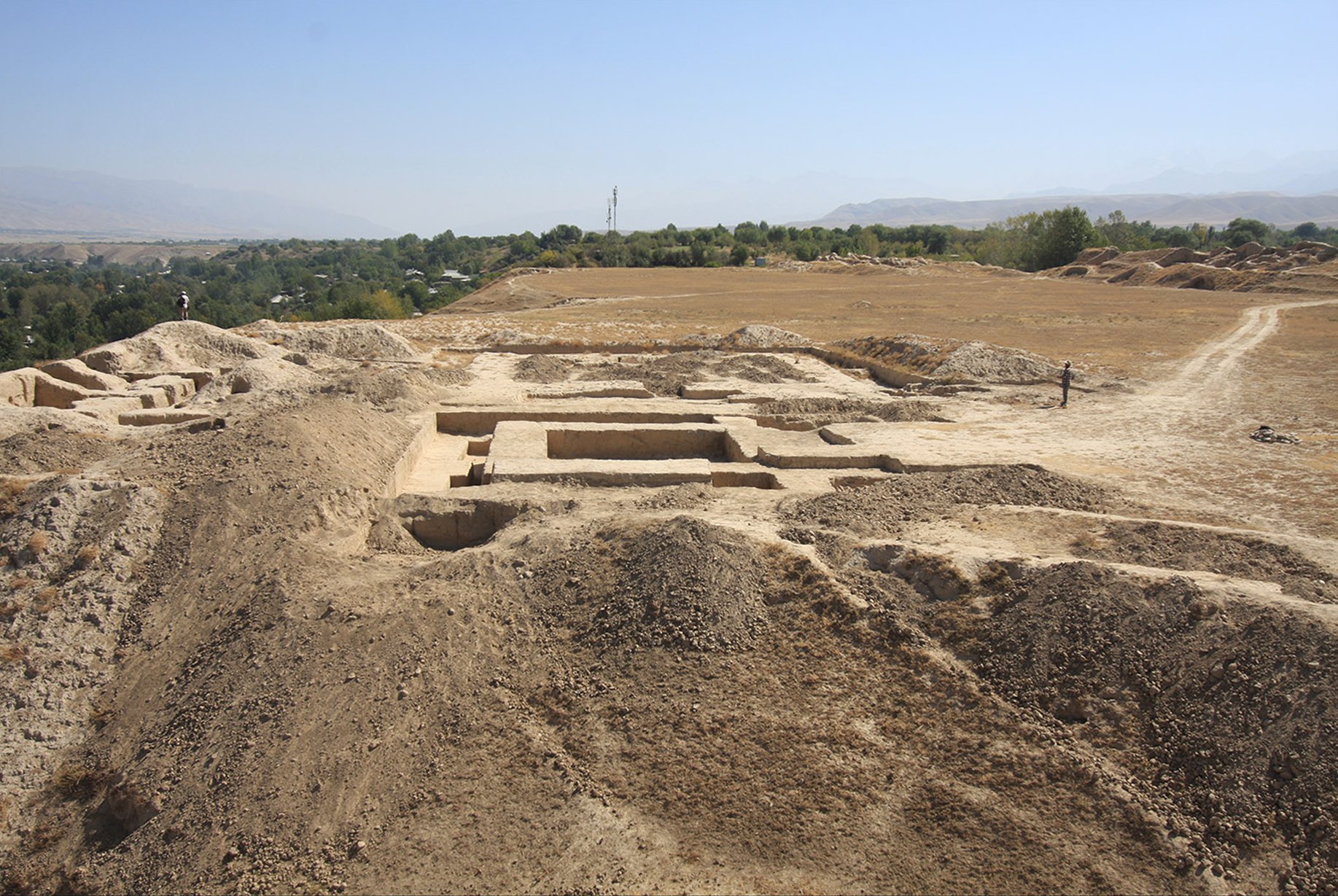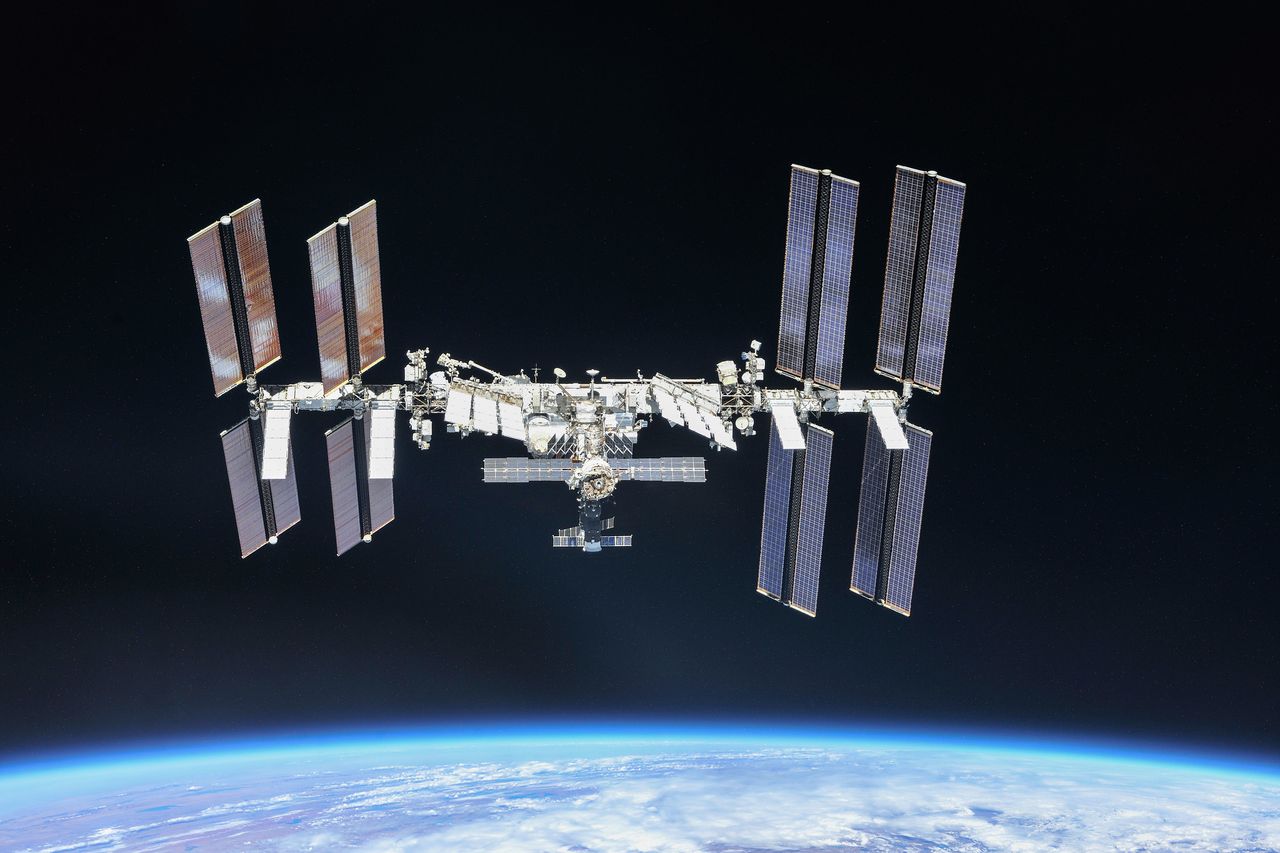Chimps drinking a lager a day in ripe fruit, study finds
NeutralScience
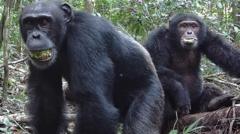
A recent study reveals that chimpanzees consume the equivalent of a bottle of lager daily by feasting on ripe fruit. This finding is intriguing as it highlights the dietary habits of chimps and raises questions about their natural behaviors and preferences. Understanding what these animals eat can provide insights into their health and social interactions, making this research significant for both wildlife conservation and animal behavior studies.
— Curated by the World Pulse Now AI Editorial System
